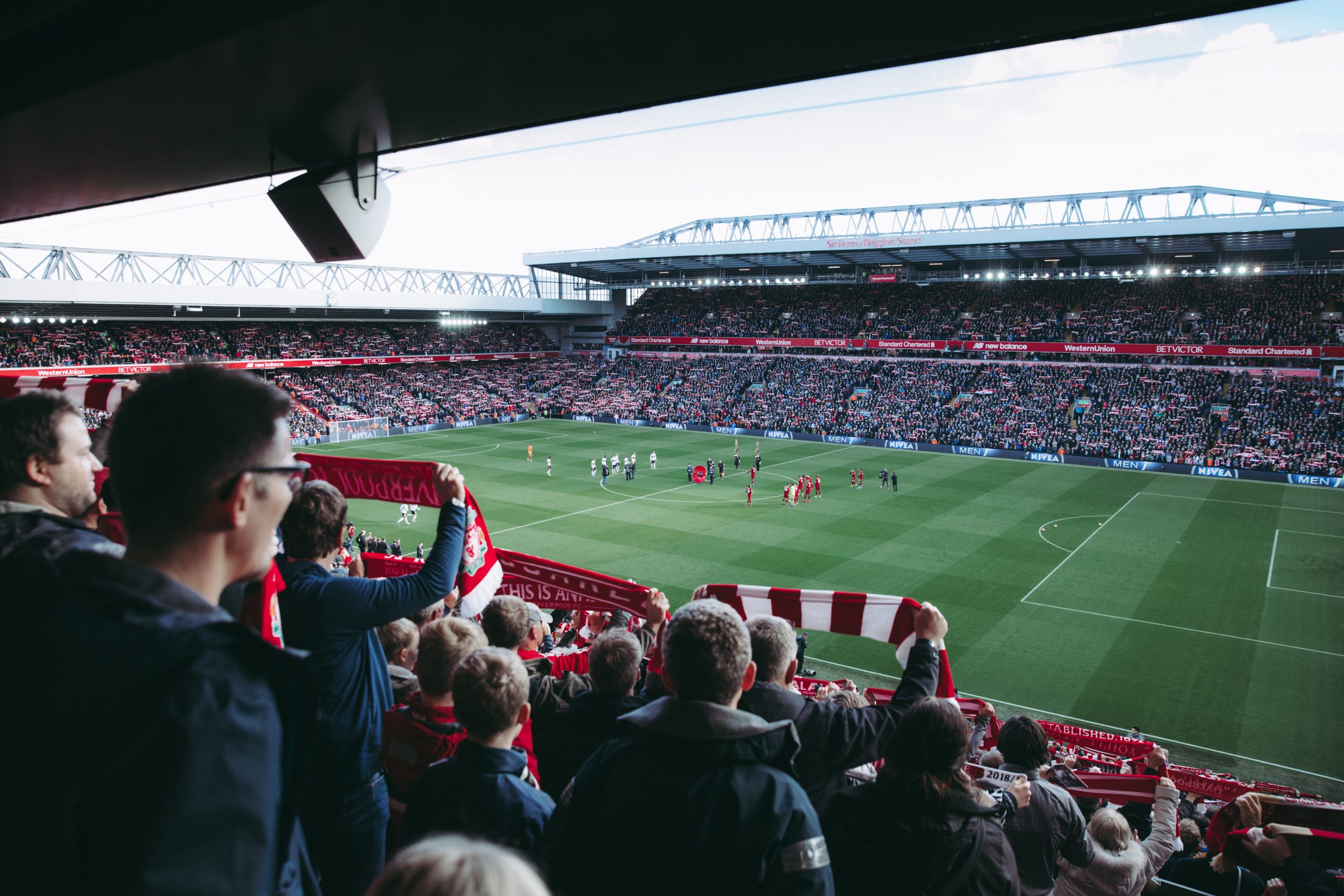Euro 2020 has been postponed and the Champions League hangs by a thread. But what next for smaller footballing nations and events? Globetrotting coach PAUL WATSON laments the lockdown.
My career in football began with a bizarre, poorly thought-through long haul trip that already seems like something from a bygone age.
In 2009, at the age of 25, refusing to accept that our shared childhood dream of playing international football was over, my flatmate Matt and I came up with a plan to move the goalposts. We searched for the world’s worst national team and decided to naturalise and get our long-awaited cap.
Having found to our disappointment that even the lowest ranked FIFA teams were well beyond our level, we discovered a list of non-FIFA recognised teams which was being propped up by the tiny Micronesian island of Pohnpei. It was not recognised as it was just one of four islands making up the Federated States of Micronesia. Although Pohnpei was separated from Yap by over 2,000km of ocean and eye-waveringly expensive flights, the two islands were technically one nation and in FIFA’s eyes couldn’t compete separately.
The ever trusty Wikipedia told us ‘Pohnpei has never won a match and is widely regarded as the worst football team in the world’. A glance at their results showed their last outing a while back was a 16-1 thrashing against Guam.
Of course we didn’t end up playing for Pohnpei – partly because it turns out getting a Micronesian passport is almost impossible – but we did end up setting up the grandly named Pohnpei Premier League and coaching a team of actual Pohnpeians to seek vengeance on a tour of Guam. We recorded Pohnpei’s first ever win, 7-1, over a Second Division club, and only lost 3-0 to a Guam national youth team, so it was mission accomplished (kind of).
Jump forward a decade and the Federated States of Micronesia became one of the first nations in the world to shut its borders entirely to anyone who had been in a country with even a single case of Coronavirus in the last 14 days. It’s safe to say that had we pitched up with our bags of football kit in 2020 we’d have had a very different welcome in Pohnpei and an immediate 25-hour return leg to deal with.
That first reckless decision has set the tone for my career and these days I’m part of a small community of people who have gone a long way off the beaten track to make their mark in football.
While we hear a lot about the lack of British coaches abroad, there are in fact quite a few intrepidly plying their trade from Iceland to the Cook Islands and getting the kind of experiences you could never have at home.
Indeed with the closed shop that is British football, the allure of working overseas is inescapable. After Pohnpei, I coached and then ran a team in Mongolia, and my next job has always looked more likely to be in Bhutan or Samoa than in England, but it’s very hard to know what the future now holds for travelling coaches.
Even if life returns to relative normality sooner rather than later, it remains to be seen whether itinerant coaches are immediately in demand or if there is a sense of nervousness.
If the life of a coach feels uncertain, spare a thought for anyone trying to organise a tournament in this climate.
The other major project of my career to date was organising the CONIFA World Football Cup in London in 2018 – a tournament for nations, states and peoples not recognised by FIFA. The tournament brought teams from Tibet to Tuvalu to the UK to compete and was a festival of football and friendship that I’m sure many of those involved with never forget.
What we didn’t realise was that by the scheduled date of the next CONIFA World Football Cup, May 2020, the idea of gathering 400 footballers in one place would be ludicrous. CONIFA’s 2020 edition was cancelled just after UEFA delayed Euro 2020, but while it’s safe to assume that Euro 2020 will take place in 2021, the future for smaller events is much more fraught.
The CONIFA tournament in London was already a battle against the odds with constant financial headaches and visa issues to overcome. In a post-Coronavirus environment the difficulty level will only increase, possibly making a similar event impossible.
It seems likely that in the short to medium term, non-elite teams will be forced to think regionally rather than globally in looking for competitions. The kinds of health measures that FIFA can put in place for major events simply can’t be undertaken by smaller organisations logistically or financially and increased flight prices could well be prohibitive for largely amateur teams who already struggle to fundraise for trips.
For the time being all we can do is wait and try to stop the wanderlust getting the better of us, but those of us who are equally addicted to football and travel will certainly never take it for granted again.
Paul Watson is the former coach of the Pohnpei football team in Micronesia and wrote a book about his experiences called Up Pohnpei. He then moved to Mongolia and became co-owner of anti-corruption Mongolian Premier League team Bayangol FC. He was the lead organiser of the CONIFA World Football Cup in London in 2018 for nations, states and peoples not recognised by FIFA.






Leave A Comment